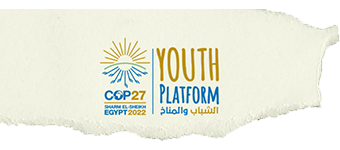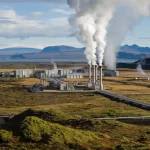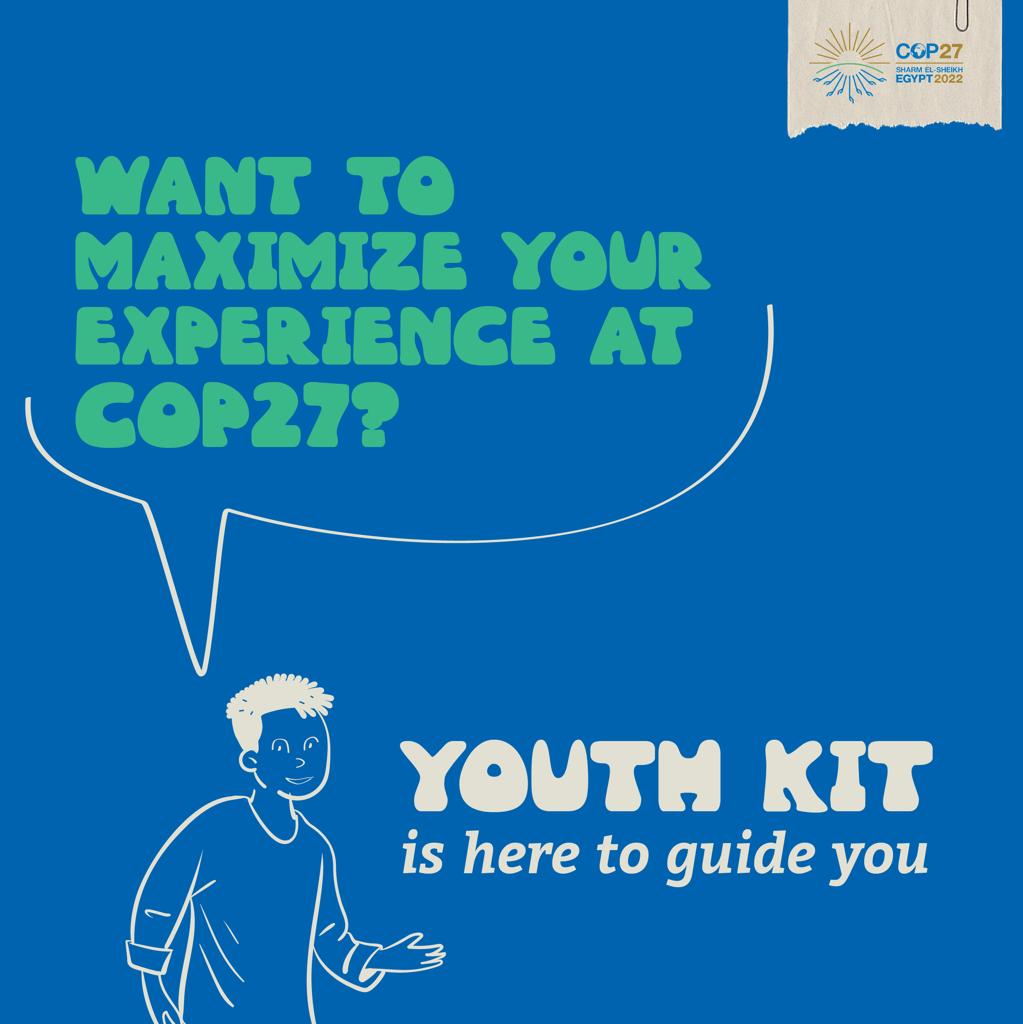The effects of climate change are exacerbating in Iraq, amid international calls to contain the situation, while the country’s Oil Minister, Hayan Abdul Ghani, revealed that Iraq is seeking to completely prevent the burning of associated natural gas, within 4 years.
Iraq is still burning some of the extracted gas alongside crude oil, due to the lack of the necessary facilities to process it and convert it into fuel for domestic consumption or for export.
The World Bank had stressed that Iraq is facing an urgent climate challenge that must be addressed, and move towards a greener and more environmentally friendly development model, especially by diversifying its economy and reducing its dependence on carbon.
A representative of the World Bank, Richard Abdel Nour, confirmed a few days ago, in statements to the Iraqi News Agency, that Iraq is the second country in the world in terms of gas combustion, while proposing solutions to reduce oil emissions and gas combustion.
He said, “The report on climate change and development in Iraq indicated that the country was affected by climate change, high temperatures, and a decrease in water resources on which the country relies, not only for drinking purposes, but also in the economic, agricultural, and food security aspects.”
He added, “Iraq has large and important oil resources, and therefore has carbon emissions at a high level, and there are great solutions to reduce emissions in the oil side and gas combustion,” noting that “Iraq is the second country in the world that has a high rate of gas combustion.”
The representative of the World Bank indicated that “solutions include benefiting from gas in the production of electricity, job creation, as well as the use of renewable and clean energy,” pointing out that “there are great opportunities in Iraq to develop this sector, which will lead to a decrease in emissions and create the growth of a non-oil sector that is important to the economy.” Iraq”.
Environmental experts believe that the diagnosis of the World Bank and its proposals to remedy the environmental and climatic danger in Mesopotamia provides an opportunity for concerted local and international efforts to combat the severe effects of climate change on Iraq, which threaten the various sectors of life and production in the country.
to clear things up
The Iraqi environmental and climate expert, Ayman Haitham Qaddouri, said in a press interview that the World Bank put points on the letters and confirmed the proven facts about the Iraqi environmental and climatic deterioration, through its climate and development report issued last November.
Iraq is suffering from a multifaceted development crisis, the most serious of which is the severe climate crisis that threatens food security, civil peace and societal diversity in it, and the emergence of an unstable development movement based on an oil rentier economy of 98 percent.
The atrophy of other productive sectors, such as agriculture, due to water scarcity and the lack of balanced water policies, and industry, due to the neglect of the industrial side at the level of the private and government sectors.
The Iraqi growth model is driven by oil, and this has long been a source of economic, environmental and social fragility and volatility.
Young human energies, which constitute more than 60 percent of the population, have become almost wasted due to the deterioration of the development movement, which has negatively affected the level of education and production.
Transition towards renewable energy
The world is moving rapidly towards abandoning heavy oil products and gradually shifting towards clean energy, in order to reduce carbon emissions to reach levels that limit the acceleration of global warming in the long term.
This trend towards clean energy is taking place despite the reluctance of some major industrial countries, but they will soon respond to international decisions and laws, because climate change is an existential threat to the entire planet.
Iraq possesses the capabilities that enable it to gradually shift towards green energy, if it begins to resolve its accumulated crises by obtaining water rights from the upstream countries, leading to the restructuring of the producing state institutions.
and maximizing low carbon investments.
Experts advise Iraq to rebuild public and governmental institutions to enhance confidence and address deep divisions, all of which pass through the gateway to addressing the breeding political crises.












